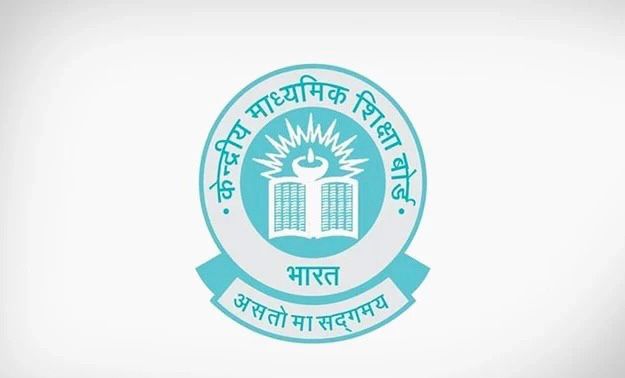Show that the time required for 99.9% completion in a first-order reaction is 10 times of half-life (t 1/2) of the reaction [log 2 = 0.3010, log 10 = 1].
Ans.
Let’s summarize the given information and derivation:
For a first-order reaction, the rate of reaction is directly proportional to the concentration of the reactant. The integrated rate law for a first-order reaction is:
ln([�][�]0)=−��ln([A]0[A])=−kt
Where:
-
[�][A] is the concentration of the reactant at time �t,
-
[�]0[A]0 is the initial concentration of the reactant,
-
�k is the rate constant of the reaction,
-
�t is the time.


